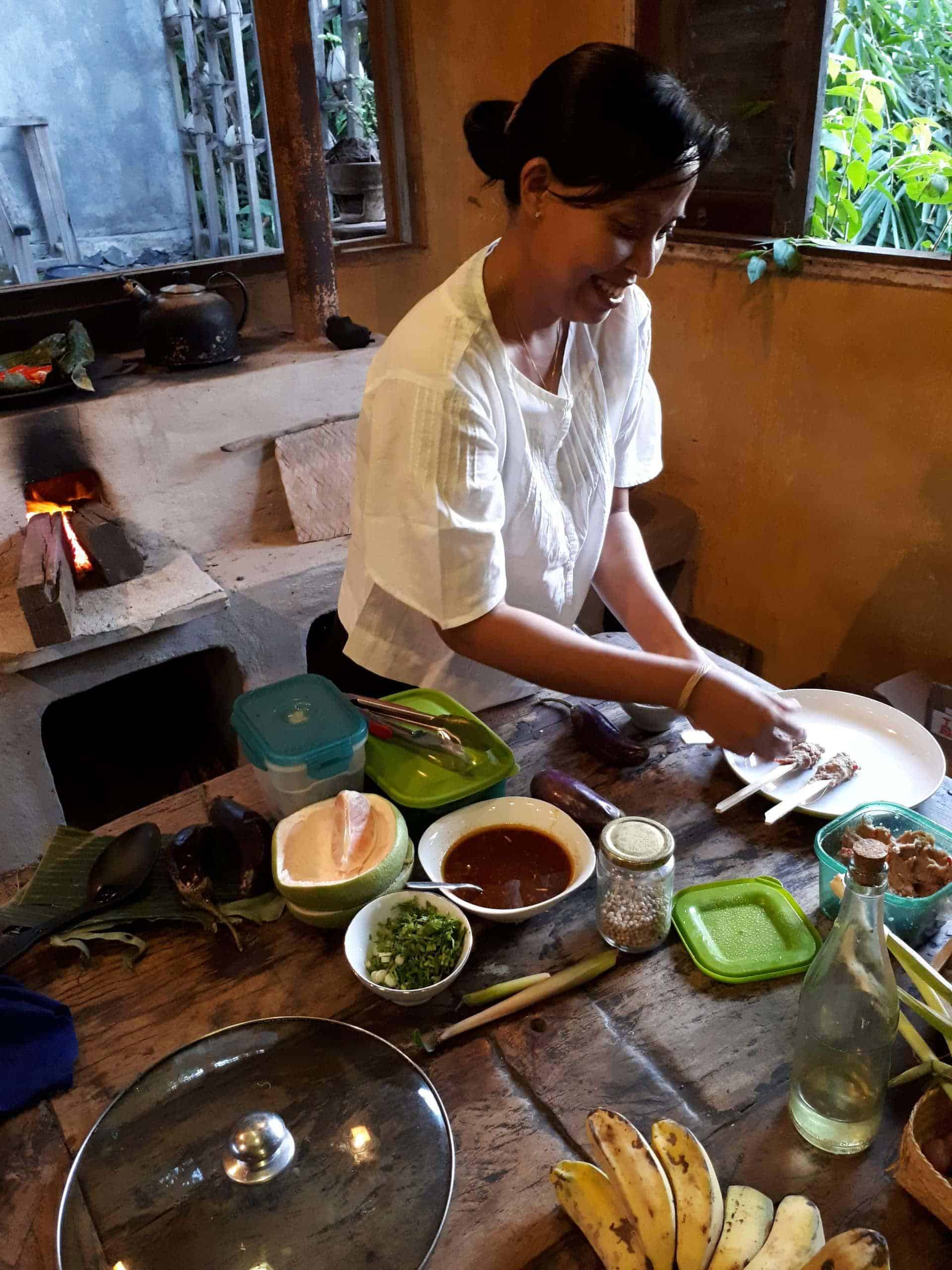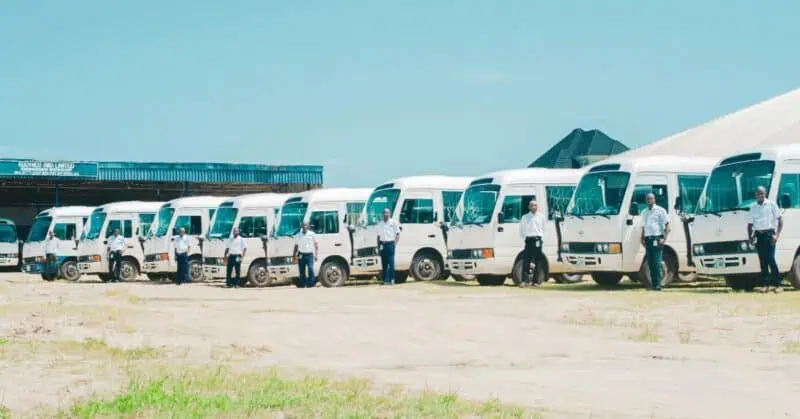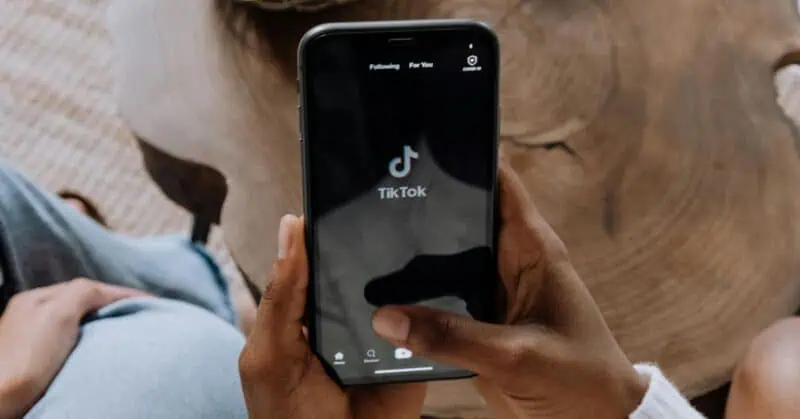Nonprofit organizations play an important role in improving local areas. But as they typically require the support of external donors to maintain operations, NGO employees often spend precious resources fundraising to keep the good work flowing.
That’s why former nonprofit staffers Matteo Bierschneider and Ayu Masita decided in 2017 to found Wise Steps Travel, an Indonesia-based tour operation dedicated to using business as a force for good. “We found the only way to make an efficient long-term change is through social entrepreneurship,” says Bierschneider. “We’re financially independent but have a similar vision and mission you would find in an NGO.”

While running voluntourism excursions is an important and worthy endeavor, Bierschneider says other operators working in Southeast Asia must take special considerations to ensure the work is both helpful, and safe for travelers and the recipients of the voluntourism.
Arival caught up with Bierschneider to learn more about what it means to be a conscious business, how Wise Steps is a model operator when it comes to voluntourism and how you can incorporate these tenets into your business.
What makes Wise Steps a unique operator in Indonesia?
Matteo Bierschneider: We work with a big network of local projects and communities directly and have traveled to the regions we offer to our clients. That allows us to be experts when it comes to designing insightful and educational journeys where travelers really experience the quality and the beauty of Indonesia.
How do you choose and vet your volunteer partners?
Our aim is to be the leading provider of responsible volunteer travel. Why isn’t voluntourism inherently responsible? In some Asian countries, we have seen an abuse by volunteering providers. For example, in Cambodia the number of orphans has decreased in recent years. But the amount of orphanages (which also offer volunteering opportunities) has increased. The media jumped on this discrepancy and created a rather negative impression about travel volunteering.
However, when well managed, volunteering can be a powerful tool to help many people, communities and projects. We think of travel volunteering more like expert volunteering, where travelers with a certain set of skills can contribute to projects in need of these skills.
We meet and visit these projects personally and there is an internal assessment regarding accessibility, accommodation, safety and other indicators. After we partner with the local project, we ask them to identify must-need skills we can provide them with.
What important considerations must tour operators take when inviting travelers to partake in local volunteer opportunities?

My point is there is a huge need for guidelines about voluntourism especially when working with children.
Our approach is a bit different: For our Research & Study tours, we only accept volunteers that have studied to be English teachers, and we organize workshops with existing local English teachers. Additionally, volunteers for long-term projects are educated about local traditions, behavior, clothing, laws and cultural customs.
Many organizations benefit most from long-term volunteers. How do you provide impact with short-term volunteers?
Ideally, we cater to volunteers that want to stay at least one month to ensure maximum impact. That said, if you follow the idea of expert volunteering, which we sometimes call “experteering,” then even short-term stays can help.
For example, a local Indonesian foundation has great projects and relies on visitors to generate income. But they don’t have great online presence and marketing—and while they have a staffer who manages the website, they aren’t an online expert. Through our Web Media Specialist volunteer package, travelers who know a lot about marketing can volunteer for one week to train the marketing staff in this organization to increase marketing performance. It’s a short-term volunteer experience with big impact.
That said, we are still a fledgling company. And we have much to learn. We are always improving, too.

















